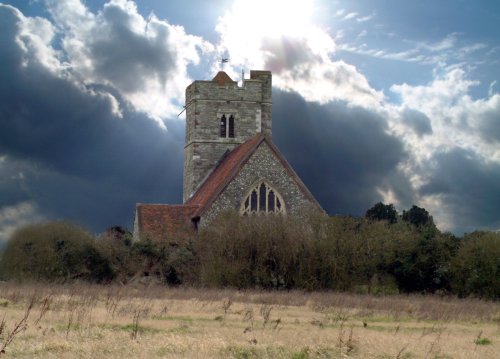Not doing it in poptastic chart fashion this time, as I can't fathom an order. And my criteria is the level of influence, not legendary status or even competence! So in response to
Minty's first:
Who would give a new Christian a copy of this?! But I was, and the amazing thing is a I read it. I also bought the remaining two volumes in the sequence as well. I'd read pretty much no Christian books, and these three were amongst the earliest, and I lived to tell the tale.
Gurnall's work is a very long look at the armour of God and Christian life. I have to say I can remember almost nothing specific from them (mind you it is over 20years since I read it), but what soaked in quietly I cannot say.
Here's why it starts my list (in addition to being practically the first thing I read):
1. It taught me to keep going and follow an argument all the way through
2. It showed me that what "everyone knows" about Puritans is wrong.
3. What they hadn't said, though, is they take a VERY long time to say important things
4. It got me started reading Puritans ('Puritan Paperbacks', what a great concept)

